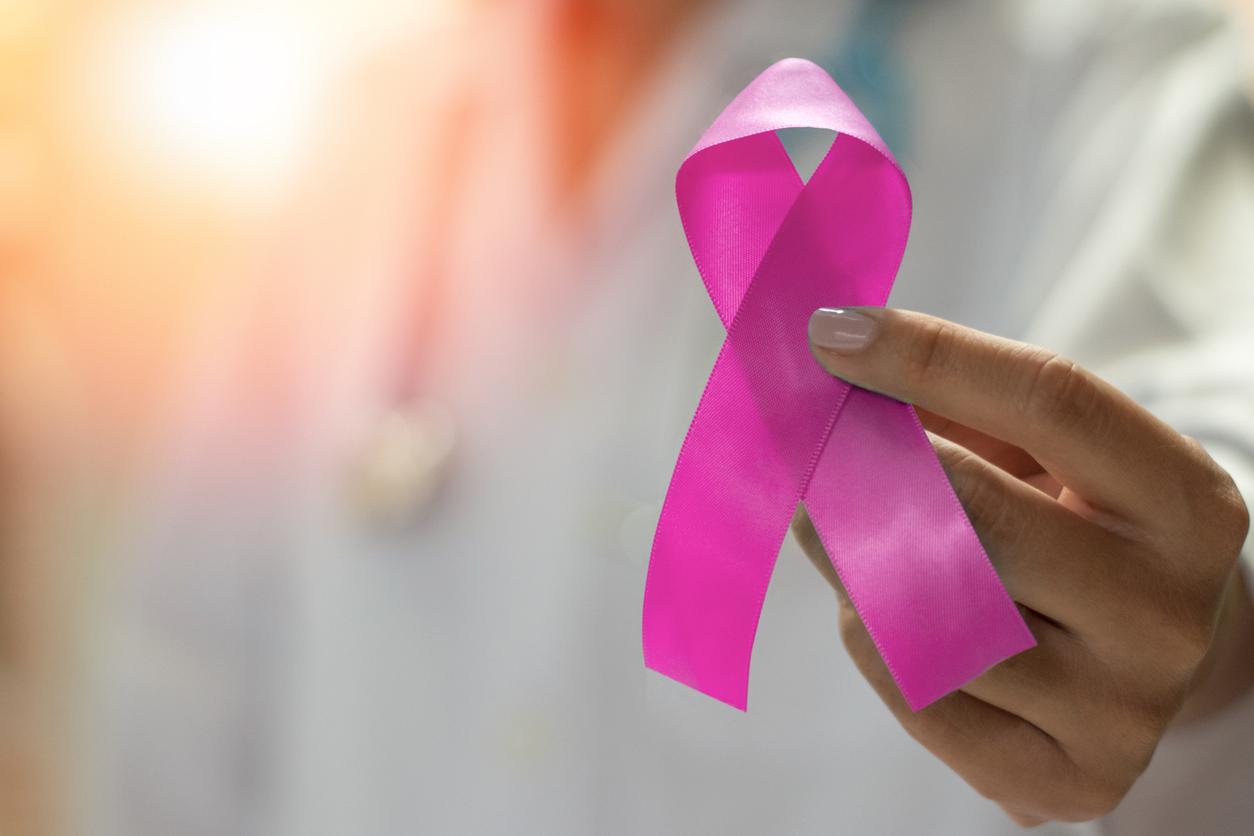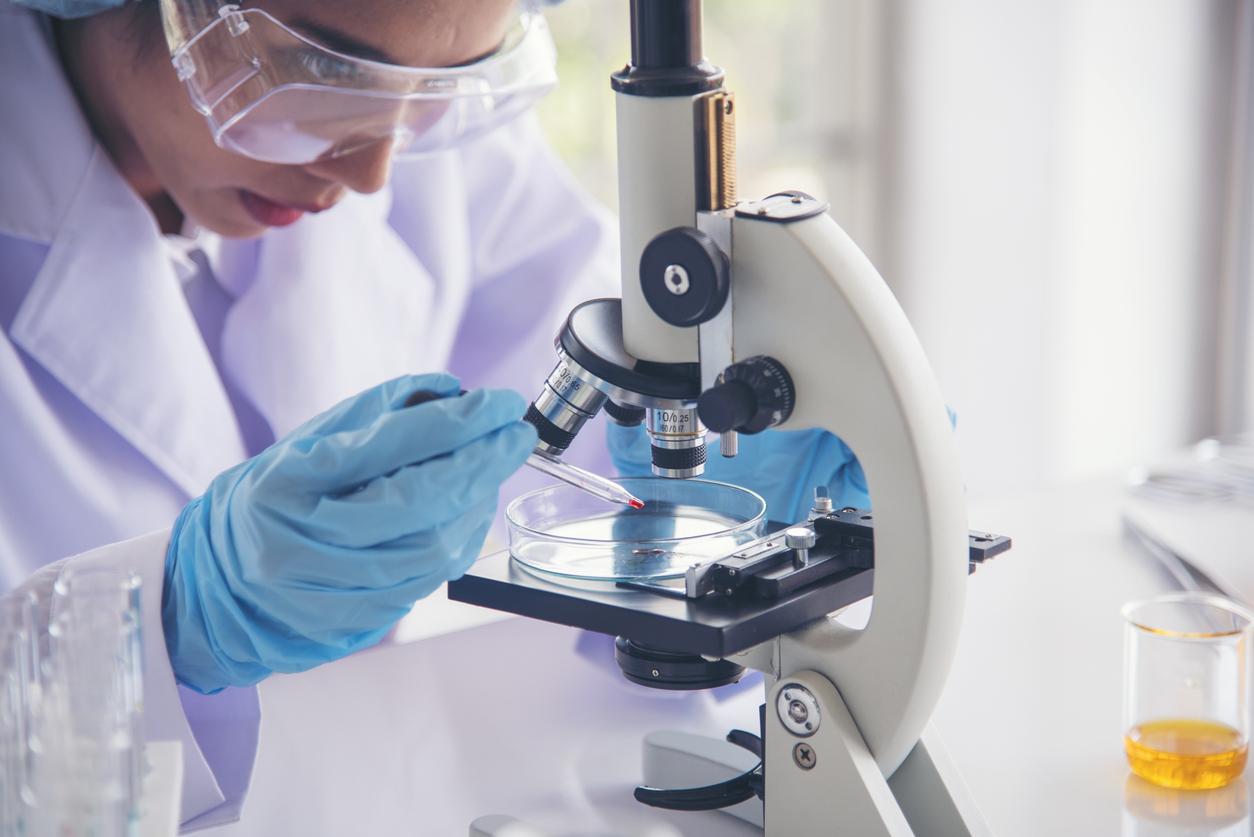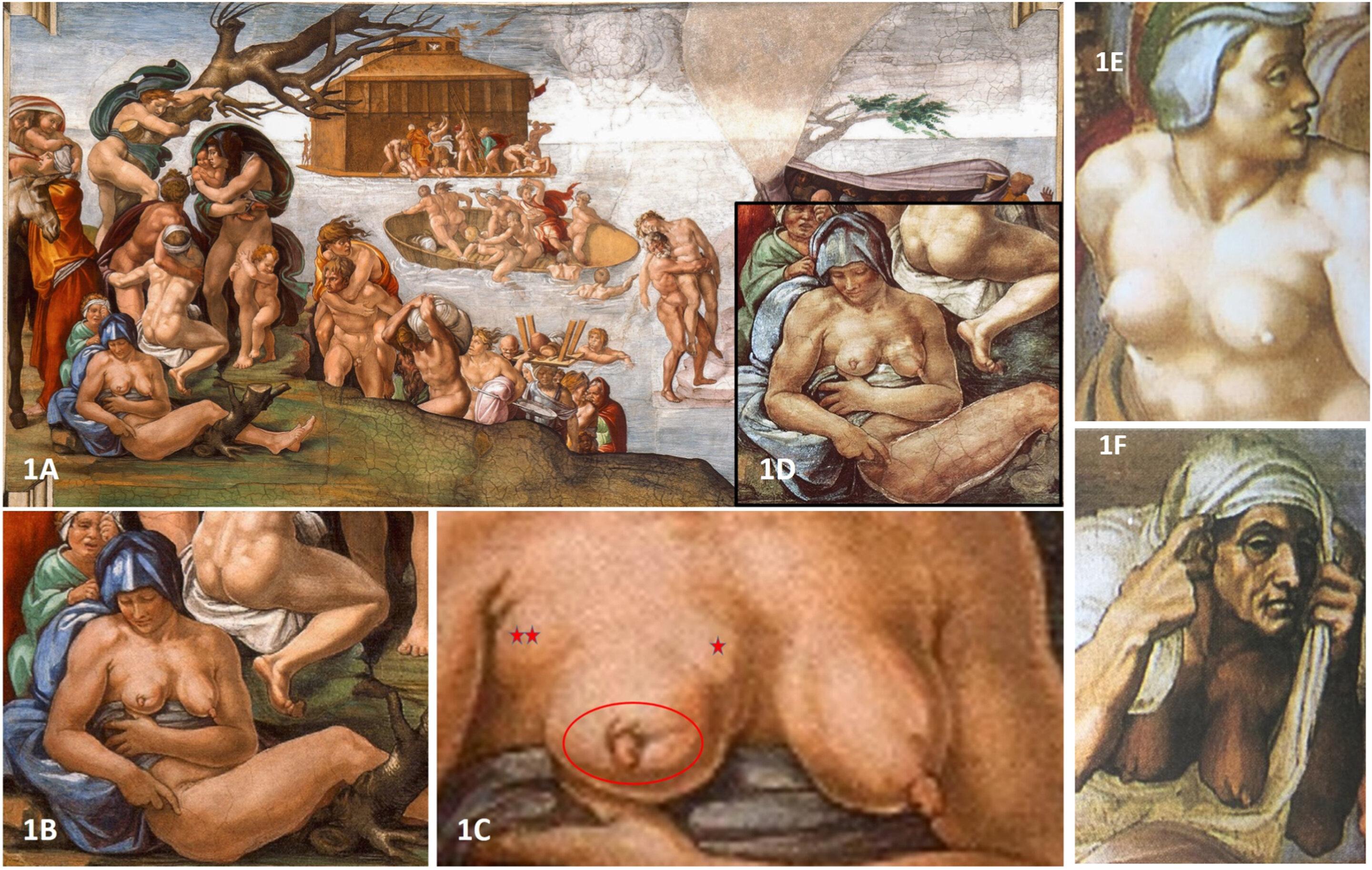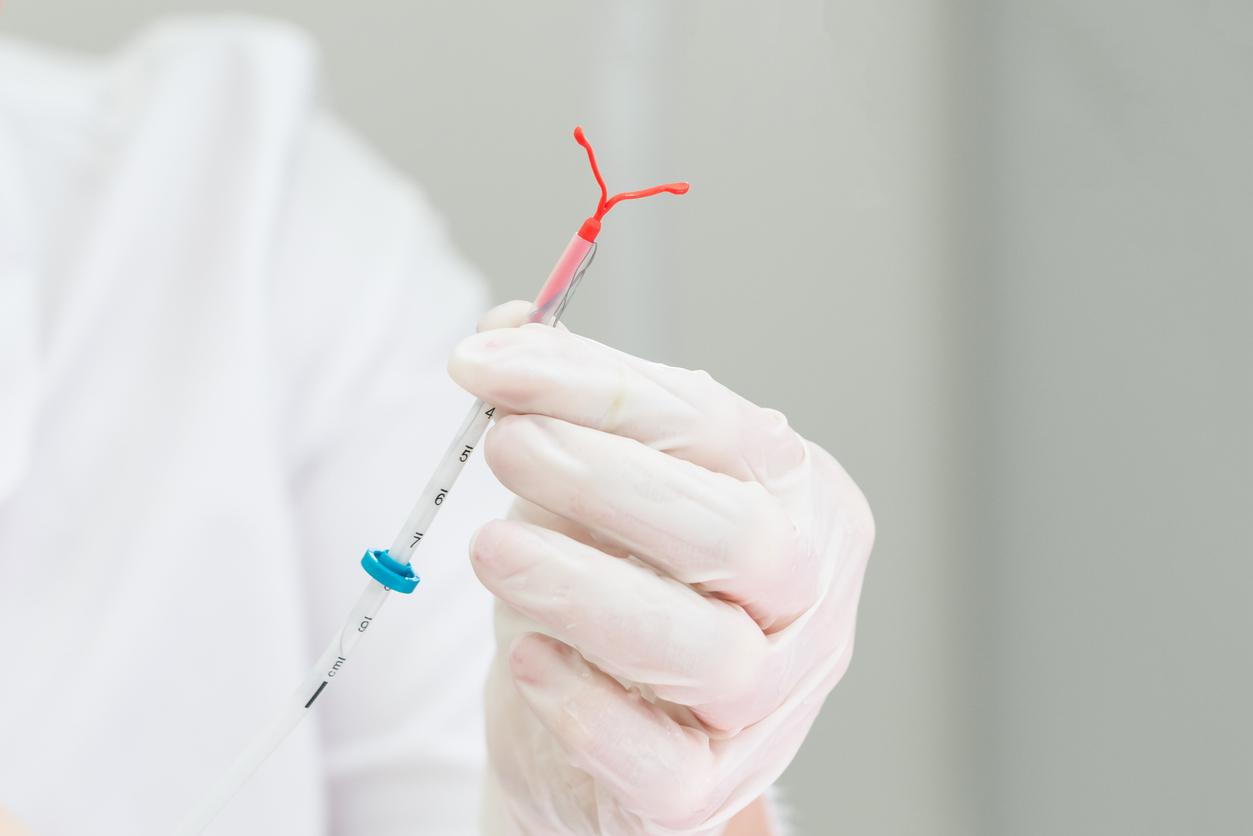Having BRCA genes that increase your risk of getting breast cancer does not increase cancer mortality. But mastectomy before the onset of cancer prevents this cancer.

Mutations in the BRCA1 and BRCA2 genes are associated with an increased risk of developing breast and ovarian cancer in women who carry them. The latest studies show that women with the BRCA1 gene mutation have a 72% risk of developing breast cancer before they are 80 years old. For ovarian cancer, the risk is estimated at 44%. Likewise, for the BRCA2 gene, the figures are respectively 69 and 17%. Hence the much publicized decision in June 2013 of Angelina Jolie to undergo a preventive double mastectomy.
So much for the risks of getting cancer. But according to a last study published in The Lancet Oncology, having this cancer does not lead to increased mortality. The study involved 2,733 Britons aged 18 to 40 suffering from breast cancer diagnosed between 2000 and 2008. 12% of them were carriers of the mutation. They were followed for an average of eight years. Results: of the 678 people who succumbed to the disease, breast cancer was involved in 651 cases (96%). Corn “There was no difference in overall survival whether it was two, five or ten years after diagnosis for women with or without a BRCA mutation”, the authors said in a statement. A difference only appears in a subgroup, women with triple negative breast cancer. They have a better chance of survival two years after diagnosis if they are carriers of the mutation.
No risk for those who undergo surgery later
Those “Who choose to do the operation later one or two years later, in order to recover better from the initial treatment, you should be reassured: this will probably not have an influence on their chances of long-term survival ”reassure the doctors.
As for Angelina Jolie, specialists specify that she should not regret having had a preventive mastectomy: “The risk reduction operation is still likely to benefit carriers of the BRCA mutation to prevent other breast or ovarian cancer from developing in the longer term.”, they explained.


.

















